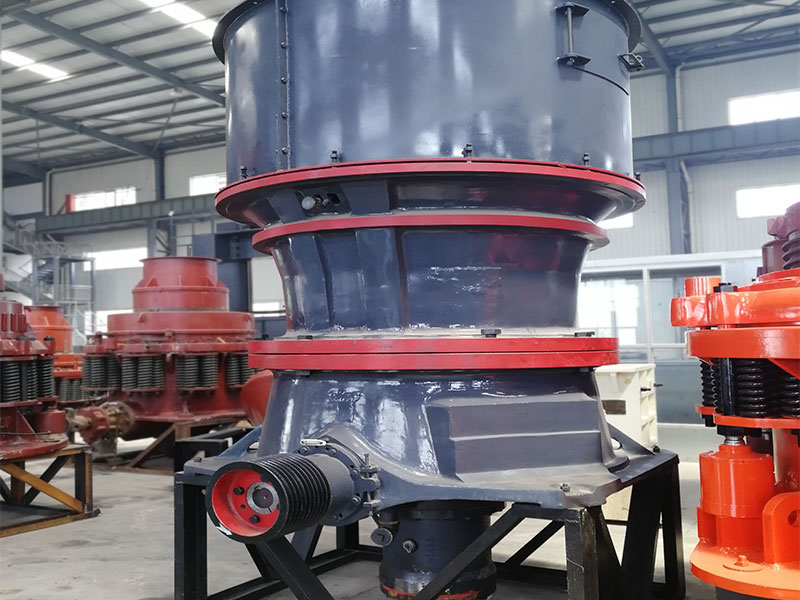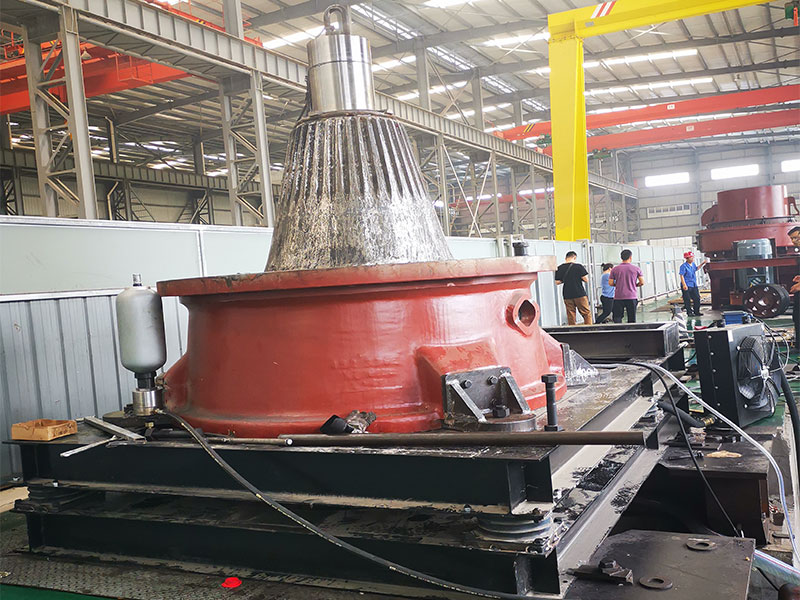Stone crushing plants play a crucial role in the construction industry by processing raw materials into aggregates used for various construction purposes. While concerns about their environmental impact exist, it is important to recognize that stone crushing plants also offer significant environmental benefits.
Reduced Transportation and Carbon Emissions
One of the primary environmental benefits of gravel crushing plants is the reduction in transportation requirements. By producing aggregates on-site, the need for long-distance transportation of raw materials is minimized. This not only reduces traffic congestion but also lowers carbon emissions associated with transporting materials from remote quarries to construction sites. The localized production of aggregates greatly contributes to a greener construction industry and helps mitigate the environmental impact of transportation-related activities.

Preservation of Natural Resources
Stone crushing plants promote the preservation of natural resources through sustainable practices. By crushing and recycling waste materials, such as concrete and asphalt, these plants help reduce the demand for virgin aggregates, which are typically extracted from quarries. Recycling waste materials as aggregates not only conserves natural resources but also diverts construction debris from landfills, minimizing the burden on waste management systems. This practice aligns with the principles of the circular economy, where materials are reused and repurposed, reducing the overall environmental footprint of the construction industry.
Dust Suppression and Noise Reduction
Stone crushing plants implement various measures to mitigate the environmental impact associated with dust and noise generation. Advanced dust suppression techniques, such as water sprays and enclosed conveyor systems, help control airborne particles and minimize the spread of dust during the crushing process. Additionally, noise reduction measures, such as acoustic barriers and sound-absorbing materials, are employed to limit noise pollution in the surrounding areas. By effectively managing dust and noise emissions, 50 tph stone crusher plants prioritize the well-being of local communities and ecosystems.

Enhanced Site Rehabilitation
Stone crushing plants often include site rehabilitation and restoration plans as part of their operational practices. After a quarry or mining site has been exhausted, mini mobile crusher plant can be instrumental in reclaiming and rehabilitating the land. This involves activities such as reshaping the terrain, re-vegetation, and restoring natural habitats. By actively rehabilitating the site, stone crushing plants contribute to the restoration of biodiversity and ecosystem functionality, minimizing the long-term environmental impact of mining activities.
Conclusion
While stone crushing plants from Aimix Group Philippines have been associated with environmental concerns, it is essential to recognize their significant environmental benefits. These plants contribute to sustainable construction practices by reducing transportation requirements and associated carbon emissions. Moreover, they promote the preservation of natural resources by recycling waste materials and minimizing reliance on virgin aggregates. The implementation of dust suppression and noise reduction measures ensures that the surrounding environment and communities are safeguarded. Additionally, stone crushing plants play a vital role in site rehabilitation, restoring land and supporting biodiversity. By embracing and advancing these environmental benefits, stone crushing plants can continue to be an essential part of the construction industry, facilitating sustainable development and responsible resource management.
